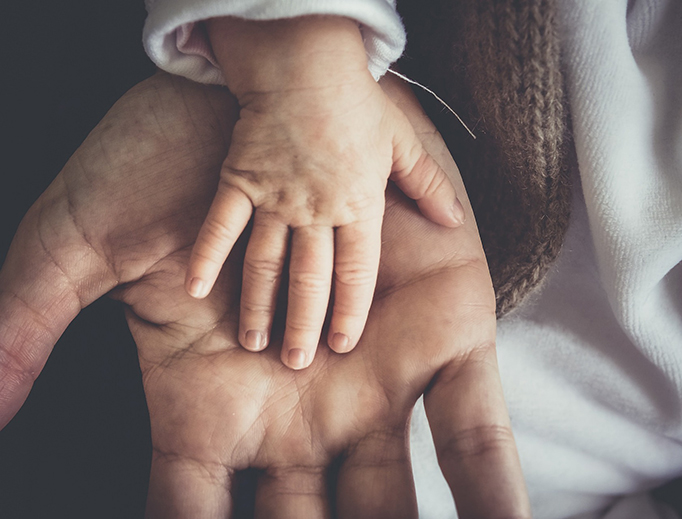What if Roe Were No More?
If Roe v. Wade is overturned, make no mistake: Lives will be saved

Abortion supporters in America are beside themselves. They are waving their coat hangers and highlighting stories of women who were harmed by abortion before it was legalized in 1973. Former Planned Parenthood CEO Cecile Richards is making the rounds of the abortion-friendly news shows, and outlets are running stories with headlines like this one at NPR: “Abortion-rights advocates preparing for life after Roe.”
This is all a bit hyperbolic, but what has them in such a stir is President Trump’s decision to nominate Judge Brett Kavanaugh to the U.S. Supreme Court. The Roe lovers are acting as if the day Kavanaugh is confirmed will be the last day for legal abortion in the U.S.
If only that were true! But of course it’s not.
What is true is that Judge Kavanaugh, who has spent a dozen years on the D.C. District Court of Appeals, has a solid track record of voting in favor of the U.S. Constitution, and Roe v. Wade was a travesty where that was concerned. Even Justice Ruth Bader Ginsburg has said as much.
Once Kavanaugh is confirmed, we still do not know how many justices would be willing to overturn Roe, but even if the day comes when it is overturned, abortion will still be too much with us.
Overturning Roe would not end abortion. It would merely return control of the deadly procedure to the states. Four states — North and South Dakota, Louisiana and Mississippi — would ban abortion immediately. Another 10 states whose abortion laws were nullified by Roe could take steps to re-enact those bans. Some in the media are predicting that 22 states would abolish abortion.
Other states would keep abortion legal. In New York, Gov. Andrew Cuomo is already trying to make sure access to abortion remains unimpeded in his state, one of the abortion capitals of our nation. Other states with abortion-friendly majorities in their legislatures and statehouses would likely follow suit.
If Roe v. Wade is overturned, whether or not a woman can abort her child will be determined by where she lives. That’s not a perfect solution for those of us who would prefer to see abortion relegated to history. But make no mistake: Lives will be saved.
Abortion enables the worst in humanity but legalizing it gave it a patina of respectability. Anglicans for Life President Georgette Forney, who founded the Silent No More Awareness Campaign with me in 2002, has often said she would never have aborted her child at 16 if abortion had not been legal. And there is no arguing that generations of women since Roe have considered abortion as a get-out-of-jail free card should the need arise. That would no longer be the case for many.
For women in states that outlaw abortion, and who don’t have the money or time to travel to states where it’s available, there will have to be a new reckoning. When getting rid of the “problem” is no longer an option, perhaps the humanity of the unborn will be allowed to re-emerge. The two faces we see on the ultrasound screen – an unwelcome intruder if the pregnancy is unplanned or inconvenient, a beloved child if he or she is wanted – will merge in our consciousness to become what they have always been, a unique and precious child of God, irreplaceable, with a right to life that no one can take away.
We are being told over and over in the media that women will always have abortions, whether they’re legal or not. Actually, the fact that even just regulatory laws reduce the numbers of abortions, shows this is not true. We will not be slaughtering a million of our unborn every year; we won’t be wounding a million women who did not realize until it was too late that the mother-child bond is not so easily broken. And I truly believe that once we let the Culture of Life re-assert itself, even mothers in states with legal abortion may begin to look for options that don’t involve the death of their own flesh and blood.
Life always finds a way, if we let it.













